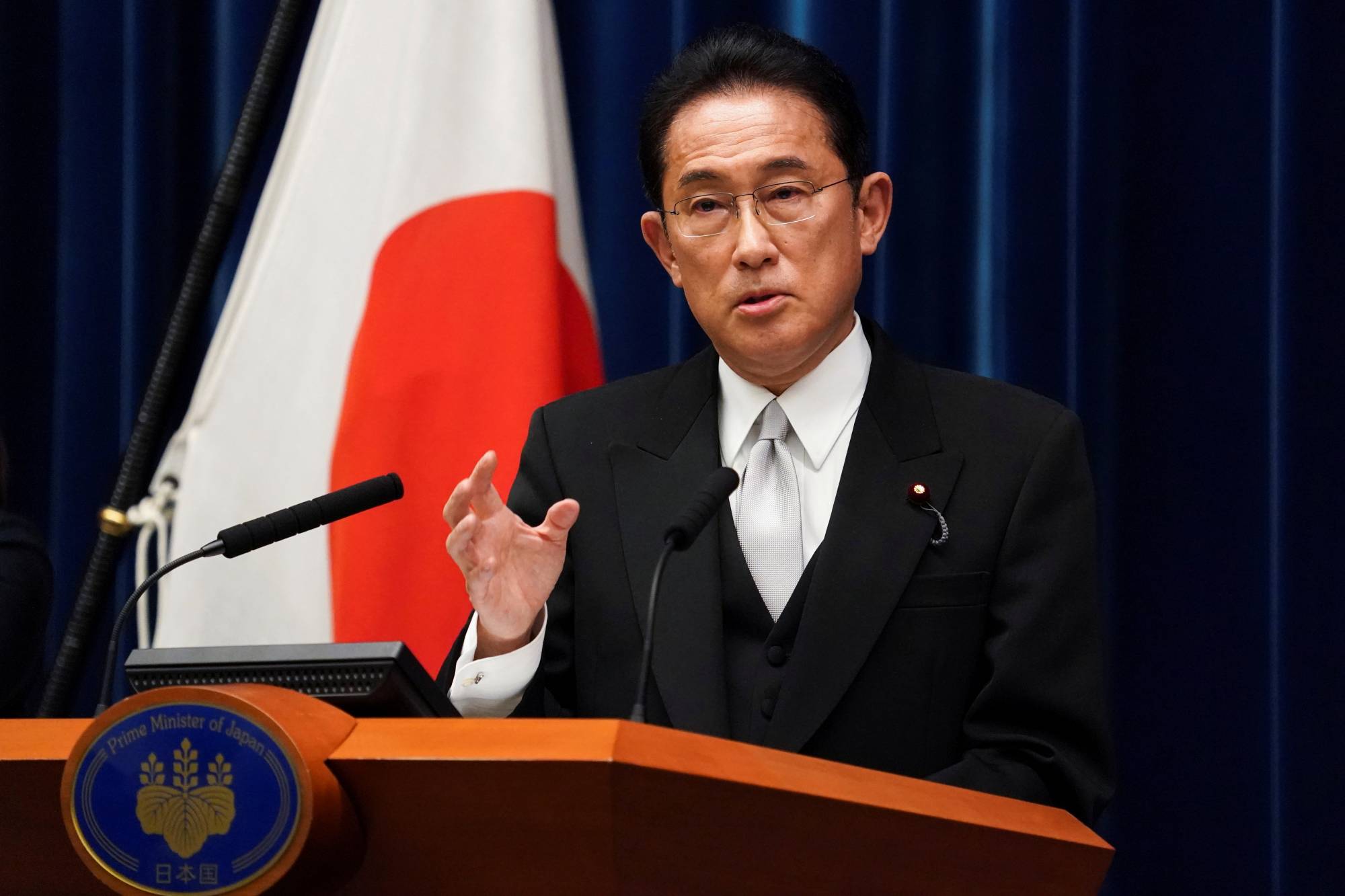Economic security will be a pillar of the Kishida administration and national economic statecraft will be a key feature of its foreign policy.
That makes great sense since economic competition is as important to regional power and influence as military rivalry — and Japan can do more to shape outcomes in this domain than any other. But there is always a temptation to confuse parochial interests with genuine national security concerns and use “economic security” to justify protectionism or other expressions of economic nationalism. The new government in Tokyo (like others) must fight that temptation.
During the campaign for president of the Liberal Democratic Party (LDP), Fumio Kishida pledged to “secure Japan’s ‘strategic autonomy’ and ‘strategic indispensability.’” As Kuni Miyake noted in these pages last week, those phrases come from a report by the Strategic Headquarters on the Creation of a New International Order, a group that Prime Minister Kishida headed as chair of the LDP’s Policy Research Council. The report said that economic security policy is for “ensuring the independence, survival and prosperity of Japan from an economic perspective,” for “securing strategic autonomy” and for “maintaining, strengthening and acquiring strategic indispensability.”

















With your current subscription plan you can comment on stories. However, before writing your first comment, please create a display name in the Profile section of your subscriber account page.